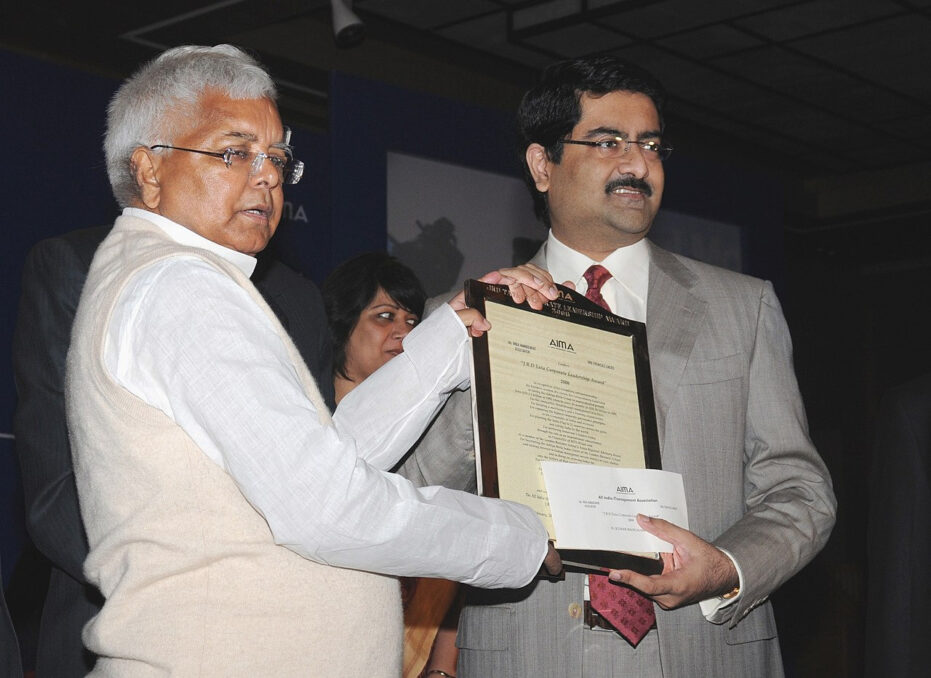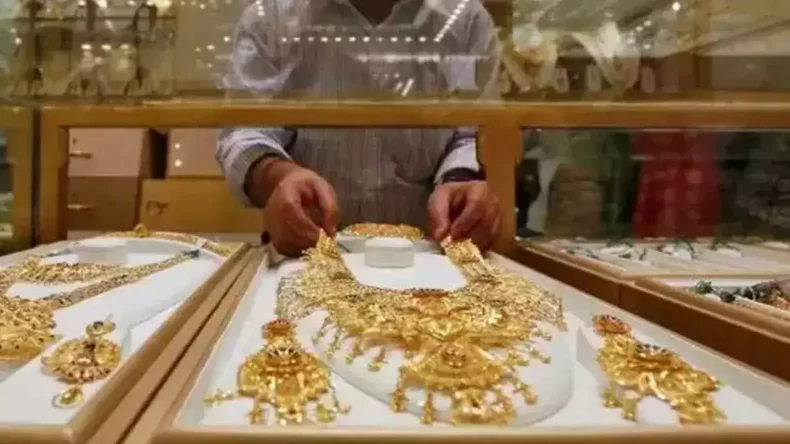The Aditya Birla Group stated that it had invested Rs 5,000 crore in the sector of retail designer jewellery. The corporation has made three significant forays into new markets in the past two years, including B2B e-commerce for building products and paints.
The metals-to-cement firm has said it will construct large-format unique jewellery outlets featuring in-house jewellery labels across India under a new initiative entitled “Novel Jewels.”
Details of the New Jewellery Venture
With increasing disposable wealth, sophisticated and aspiring buyers are gravitating more toward customized, high-end jewellery that is handcrafted. Kumar Mangalam Birla, the Chairman of the Aditya Birla Group, stated that the new business model will benefit from Aditya Birla Group’s substantial knowledge of lifestyle commerce and sophisticated awareness of customer tastes.

The business claimed that its goal is to develop a distinctive national brand with an enduring regional identity. This venture is a strategic portfolio decision that will enable the Aditya Birla Group to increase its standing in the dynamic Indian consumer marketplace and tap into fresh expansion sources.
The Hallmark of the Aditya Birla Group
The mainstay businesses of the sixty-billion-dollar corporation include, amongst others, Grasim Industries, Hindalco, Aditya Birla Fashion & Retail, and Aditya Birla Capital. ABFRL’s fashion label and sales channels operate within an ecosystem of 3,487 storefronts and more than 30,000 multi-brand distribution channels.
In a speech at the company’s annual general meeting, Birla predicted that its projected earnings of 21,000 crores for the calendar year 2026 would surpass that goal and establish more significant benchmarks for the business moving ahead.
The Jewellery Sector in India
In India, the jewellery industry continues to be primarily unorganized. Tanishq, the primary jewellery line of Titan, dominates other branded competitors by a large proportion. Zoya, Mia, and Carat Lane are other jewellery brands in the Titan Group’s roster. After two years of stress brought on by the pandemic, other major jewellery companies like Kalyan Jewellers, Joyalukkas Group, and Malabar Gold & Diamonds have also claimed a good recovery in jewellery demand.
The presence of the two most significant corporate conglomerates in India, Tata’s Tanishq and RIL’s Reliance Jewels, has increased competition in the market for branded jewellery. Medium-sized and small enterprises have consistently dominated the jewellery industry. However, this has shifted in favor of organized and highly structured groups.
The Company’s venture capital division, Aditya Birla Ventures, coordinated a fund drive in June for the silver jewellery firm GIVA and secured Series B financing. Aryaman Vikram Birla, the CEO of Aditya Birla Ventures, had stated at the time of the announcement of the business that Aditya Birla Ventures anticipate that silver jewellery, specifically, is primed for substantial expansion spanning both online as well as offline retail channels.

According to two officials with firsthand knowledge of the firm’s plans, the Aditya Birla firm planned to launch a brand-new, independent business endeavor for labeled jewellery last year to compete directly with Tanishq from the Tata group. According to these executives, the new business will include large-format, exclusive jewellery retail outlets, introduce its jewellery brands at affordable and upscale price points, and collaborate with smaller jewelers. The firm’s plans have now come to fruition in the year 2024.
The Aditya Birla Group reported that the market for jewellery and gemstones in India currently contributes to around 7% of the country’s GDP and is expected to reach $90 billion by 2025. Foreign capitalists and investors have also been interested in the jewellery business in India. In May, Temasek Holdings Limited of Singapore had considered financing $100 million for a 20 percent ownership interest in Indian jewellery maker BlueStone.













